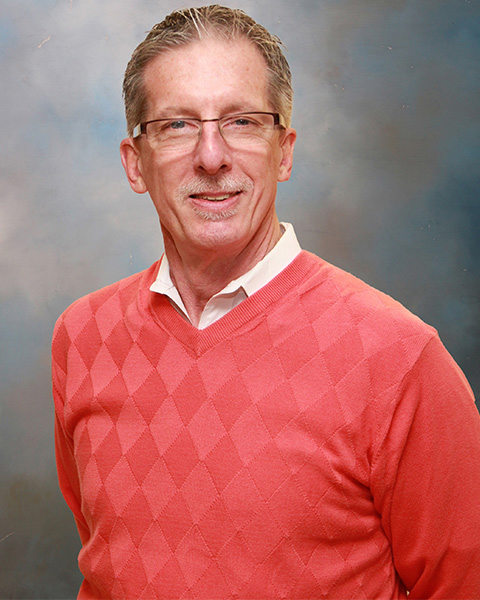What’s Your Quit Date?

It’s the leading cause of preventable death in the U.S.: Cigarette smoking. It’s not easy to quit; however we can help you develop a quitting plan and stick to it.
In Pennsylvania, 22,000 adults die every year from smoking-related illnesses, and more than one in four Pennsylvania high school students reported current use of a tobacco product. Seven out of ten smokers want to quit, however, and with help many will be successful.
Remember why you’re quitting.
Just about everyone knows that smoking is bad for their health and the health of those around them, but you may be surprised at just how fast your health can improve.
“Cigarette smoking is one of the leading preventable causes of death in this country,” said John A. Holets, MD, a family medicine physician at Penn Highlands Family Medicine in Monongahela, Pennsylvania. “One third of heart attack related deaths are due to smoking or exposure to second-hand smoke. Within two years of stopping tobacco use, a person’s risk of cardiac disease reduces dramatically, and after 15 years of stopping cigarette use, their risk of heart disease is back to that of a non-smoker. If you really want to reduce your risk of heart disease, cutting back on cigarettes is not enough — you have to commit to stopping cigarette use completely.”
Quitting smoking also improves the health of those around you. Secondhand smoke increases the risk of heart attacks and can cause lung cancer. In fact, secondhand smoke causes nearly 34,000 premature deaths from heart disease each year in the U.S. among adults who do not smoke.
Take the first step.
Setting a quit date is an important first step in your smoking cessation effort. The sooner you set the date, the better. Many smokers pick a date within two weeks, which gives them enough time to prepare. Avoid choosing a day where you know you will be tempted to smoke, such as a busy day at work or a day when you have plans with friends in the evening.
Next, mark the date on your calendar. If you use a paper calendar, circle the date in bright red. If you use your phone calendar, set an alert for that day. Tell your family and friends about your quit date, too. Quitting smoking is easier when you have the support of those around you. Let them know how they can help you achieve your goal.
Identify your triggers.
For many smokers, smoking isn’t just a habit, it’s an integral part of life. Certain activities, feelings, situations and people become associated with smoking and may trigger an urge. You can ease these triggers by identifying what they are, anticipating when they will occur and making a plan for dealing with them. Make a list of everything that makes you feel like smoking, and then write down one way that you can either avoid the trigger or successfully deal with it. Keep your list close at hand.
Find a smoking cessation option that works for you.
“One of the most successful ways to quit smoking involves a combination of medication and counseling,” said Dr. Holets. “Your primary care provider may recommend over-the-counter nicotine-replacement medications that make it easier to stop smoking because they deliver nicotine to your system through a patch, gum or lozenge. There also are prescription medications, nasal sprays and inhalers that deliver nicotine as well.”
Smoking cessation counselors can help you make a plan that will work best for you, and they can help you cope with stress, cravings and other issues you may face when trying to quit.
Know where to turn for help.
Quitting is easier when you’re not alone. Quit lines, support groups, a close friend and even apps can help you get through the first few weeks, which are the hardest. Plan on having multiple support options so that no matter the day or time, you have somewhere to turn when you need some help. SmokefreeTXT, which is recommended by the Centers for Disease Control and Prevention, is a free text messaging service designed for adults and young adults. You can get started by texting QUIT to 47848. You can also talk to a smoking cessation counselor by calling 1–800–QUIT–NOW (1–800–784–8669).
Penn Highlands Family Medicine offers comprehensive primary care at convenient locations throughout Pennsylvania. The primary care providers at Penn Highlands are here to help you get care when you’re sick as well as guide you toward healthy habits, including smoking cessation. They are dedicated to forming ongoing relationships with patients to provide the best care possible. To make an appointment or to learn more, visit www.phhealthcare.org/primarycare.

